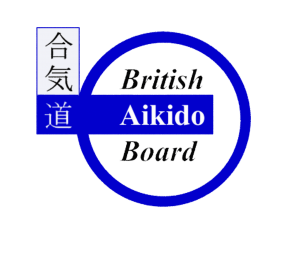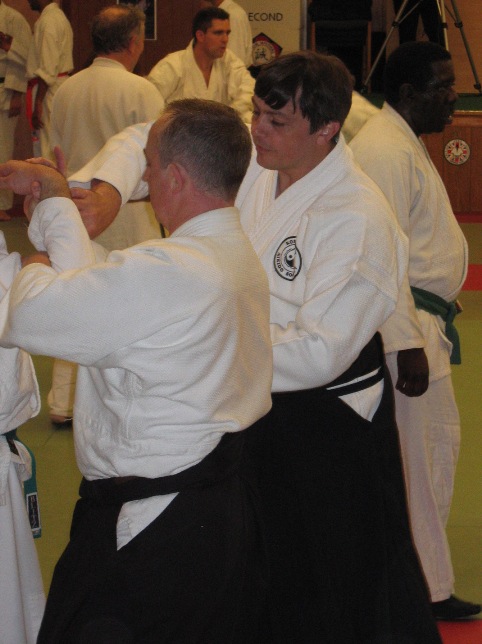Aikido clubs should work with parents and young people to ensure they offer a welcoming environment, both for kids who are participating in aikido and for their families.
Parents have an important role to play in their child’s experience of aikido, and are ultimately responsible for their child’s behaviour and conduct. The club has a duty of care towards children when they are playing or socialising at the club, or participating in an activity for or on behalf of the club.
Parents are encouraged to:
- take an interest in their child’s progress and be supportive;
- introduce themselves to anyone involved in the supervision/coaching of their child,
- find out what the club has to offer in terms of coaching sessions and junior competitions
- obtain any good practice guidance and Codes of Conduct for children from the club, and go through these with their child;
- find out whether there are any age restrictions for children attending certain classes or events
- be punctual when dropping off and picking up their child;
- make sure their child has everything they need to participate
- ensure the club has all necessary contact numbers in case of emergency, preferably mobile numbers;
- advise the CWO or Instructor of their child’s particular needs (e.g. allergies, learning disabilities).
- discuss any concerns about the organisation of activities or the behaviour of adults towards their child with the CWO.
Changing Rooms
One of the areas where children are most vulnerable at sports clubs is the locker/changing/shower room, and aikido clubs are no different. Obviously people might wish to refresh themselves after taking part in aikido, and changing facilities might mean that people of all ages need to change and shower in the same area. This could be particularly relevant in Leisure Centres and other shared venues.
To avoid possible misunderstandings or embarrassing situations, adults should exercise care if they are in the changing room at the same time as children. However, bullying can be an issue if children are left unsupervised in changing rooms, so a balance needs to be struck depending on the situation. If, in an emergency, a male has to enter a female changing area or vice versa, another adult of the opposite gender should accompany them.
Unless the club has enough space that it’s able to isolate a specific shower cubicle or changing area for juniors, the following advice may be useful:
Wherever possible, adults should avoid changing or showering at the same time as children.
Parents need to be aware that, on occasion, adults and children may need to share a changing facility.
Particular attention should be paid to the supervision of children aged ten and under in changing rooms. It is advisable for adults not to be alone with any child in these circumstances.
If children are uncomfortable changing or showering in public, no pressure should be placed on them to do so.
Membership Forms
It is vital that all members complete some type of registration or membership form. Clubs can use this form to collect information that will enable them to handle accidents and emergencies effectively.
If a child falls ill or has an accident during an aikido session, essential medical information should be available for first-aiders or medical staff. Disabled children will have particular requirements. Not all impairments are immediately apparent, such as learning difficulties, but they can affect a child’s behaviour or their ability to participate. It’s advisable to ask parents for any information that might enhance the child’s involvement and to record this, and parents’ medical consent..
Adults and Children Training Together
The BAB’s safeguarding policy does allow for adults and children to train together on the same matted area. However, appropriate risk management strategies must be in place. The Club needs to be aware of a child’s physical and technical abilities as well as their emotional maturity when planning mixed sessions. A child might be able to throw an adult – but it might not be appropriate for the adult to throw the child.
Entering Amazon from here before you purchase ensures the BAB is supported by Amazon.



